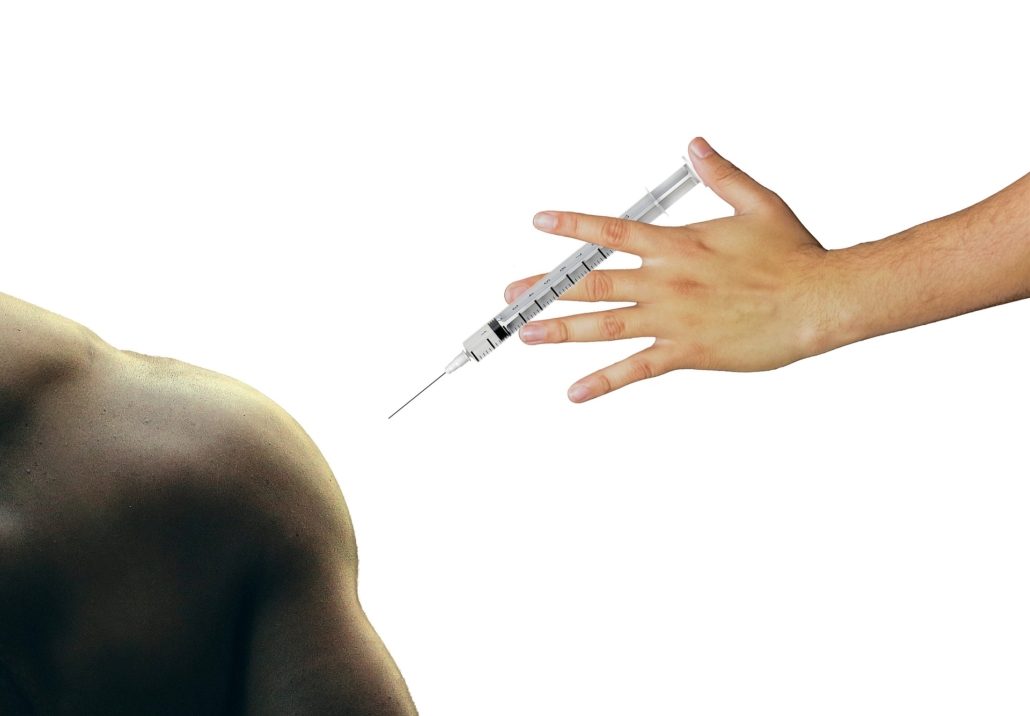
COVID-19: Moderna reports promising interim results
After BioNTech SE reported that its COVID-19 vaccine candidate BNT162b2 was over 90% efficient in a Phase III trial, Moderna Inc announced an efficacy of 94.5%.
On Monday, Moderna Inc. announced that two 100µg shots of its mRNA COVID-19 vaccine candidate mRNA-1273 showed an efficacy of 94,5%, according to an interim analysis after 95 proven COVID-19 cases had occurred in the company’s ongoing Phase III COVE study. Results of an Phase III interim analysis of BioNTech’s mRNA vaccine, code-named BNT162b2, suggested an efficacy of over 90% after a Data Monitoring Board looked at the ratio of 94 infected people, who got placebo vs two 30µg shots of the vaccine candidate. Moderna suggested its vaccine was stable for one month at 2-8° C. BioNtech’s vaccine candidate must be stored at -70°C. Both vaccine candidates are delivered via lipid nanoparticle technologies.
Upon Moderna’s announcement, BioNtech’s stock (>$90 per share) collapsed to the level before the company’s announcement of its interim results ($78.5 per share). While BioNtech’s BNT162b2 might cost $30 per vaccination in the US, Moderna Inc’s mRNA1273 is expected to cost $40 per two-shot vaccination. However, prices vary significantly dependent on the countries supplied with the vaccine. While Moderna announced it will file an application for an FDA and EU emergency use authorisation (EUA) of mRNA1273 "in the coming weeks", BioNTech will do so after announcement of results of a safety analysis expected to be published this week.
A new Nature report of German researchers published concurrently, suggests that immunity against the new coronavirus was strongly linked to the presence of CD8+ T cells, even in the absence of so-called neutralizing anti-SARS-CoV-2 antibodies. This might be an explanation for the good initial results with mRNA vaccines.
Peter Liese, a spokesman on health in the European Parliament, said: "As with BioNTech/Pfizer, this percentage still needs to be examined in detail and we will only have a vaccine once the European Medicines Agency has approved it. But I expect that to happen in the coming weeks. The Moderna vaccine is also produced in the EU, even though it is an American company, and it is therefore good that the EU has already concluded preliminary agreements."
The European Commission has pre-ordered 200 million doses plus an option on 100 million additional doses of BNT162b2, while its agreement with Moderna is on 80 million doses (+ further 80 million optionally) of mRNA-1273. Last month, Moderna said it was in ongoing talks with the WHO-backed COVAX initiative on a tiered pricing proposal for its vaccine, which aims at supplying COVID-19 vaccines to 3% of the population of poor countries. However, Moderna must first fulfill pre-purchase orders signed with the United States, European Union and a few other rich countries running into millions of doses, to be supplied this year. Experts thus expect the vaccines first to be delivered to rich countries and then, with a 6-month delay, to resource-poor countries.
Experts welcomed the news as a proof-of-priniciple for mRNA-based vaccines. However, according to Prof Eleanor Riley, Professor of Immunology and Infectious Disease at the University of Edinburgh: One important unknown is whether this vaccine, or any of the vaccines currently in trials, prevents disease transmission. It is likely that vaccines that prevent symptomatic disease will reduce the duration and level of infectiousness, and thus reduce transmission, but we don’t yet know if this effect will be large enough to make any meaningful difference to the spread of the virus within communities."
Medical experts at ICUs point to the fact that currently there is still an unmet medical need for specific therapeutics that reduce mortality. Given the current case-fatility rate of roughly 6,000 deaths per day globally, they expect over 2 million deaths due to the coronavirus pandemic within the next 12 months even when a vaccine is available. Currently, dexamethasone is the only approved therapeutic that reduces mortality in ventilated patients. German biotech industry association BIO Deutschland has called on policymakers also to priorise the development of COVID-19-specific antivirals and immunosuppressants to reduce the number of potential deaths upon the second wave of the COVID-19 pandemic. According to biotech CEOs, the EU strategy does not provide sufficient financial support for fast-track development of new efficient therapeutics.




